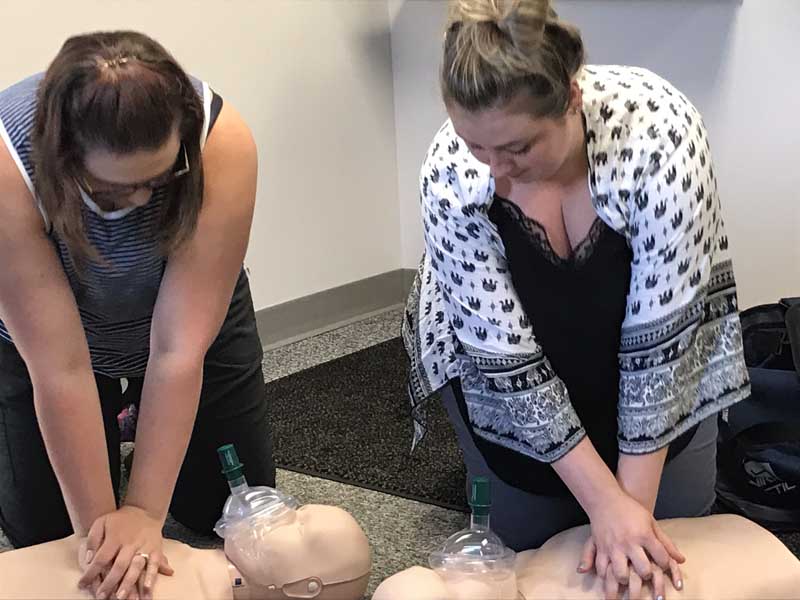
I immediately put my arms around my daughter and comforted her. I found my daughter sitting up in a chair sobbing. When the surgery was over, they came to get me. It is quite common for children (and even adults) to emerge very disoriented and emotional from anesthesia. Before the surgery, they started an IV and took her to the procedure room. An Example of What Is Not Considered Family-Centered CareĪs usual, I have a story of my daughter and what family-centered care is not! At age 12, my daughter had four impacted wisdom teeth removed. Eva’s mom told me her story one day on our unit and I was so riveted and touched by her search for answers that were finally found at our hospital with the help of one of our own nurses, that I asked her to share it on our hospital’s blog. I hope you find the time to read the story of Eva Bermejo. I find them really inspiring!Īlthough most hospitals strive to provide family-centered care, where parents are listened to and integrated into the care process, we still hear from parents who feel so lucky to come to our hospital where we value family-centered care. I included two quotes from current Family Advisory Council Members at the end. Through this special group, “family members receive a different perspective from us and we listen to their perspective,” shares Scott Ferguson. This is a perfect reflection of how hospitals are partnering with families from all cultures to encourage active participation and feedback on issues relating to hospital policy, patient care and more. I am also pleased to share that our hospital is making a concerted effort to recruit a multicultural Family Advisory Council to broaden the action that we already bring to our Family-Centered Care. Some Ways We Accomplish Family-Centered CareĪlong with the high level of care that Children’s Hospital Los Angeles provides for patients and families, there are a variety of family resources that we support in our approach to family-centered care.
Family focused care professional#
Collaboration across all ProvidersĬollaboration among patients, their families, other community caregivers and health care providers occurs in policy and program development and professional education, as well as in the delivery of care. Individuals and families build on their strengths by participating in experiences that enhance control and independence. Health care providers communicate and share complete and unbiased information with patients and families in ways that are useful and supportive. The expertise, preferences, and culture of each individual and family are valued.

People are treated with respect and dignity. We accomplish this with minor modifications for a pediatric care environment such as ours. There are four principles from the Institute for Patient- and Family-Centered Care which Children’s Hospital Los Angeles values. It helps families set the goals for their child’s treatment and recovery." is a partnership between families and clinicians. Scott Ferguson, Administrator of Family-Centered Care Support Services at Children’s Hospital Los Angeles defines Family-Centered Care as: A Simple Definition of Family-Centered Care For one of my courses recently, I researched and wrote a paper on Family-Centered Care (FCC) in the pediatric hospital setting and it struck such an emotional chord that it made me want to share the meaning of family-centered care, how it is accomplished, and what parents should expect and advocate for in order to receive great family-centered care.

As an advanced practice pediatric nurse, I am constantly learning about cutting edge approaches to care.


 0 kommentar(er)
0 kommentar(er)
